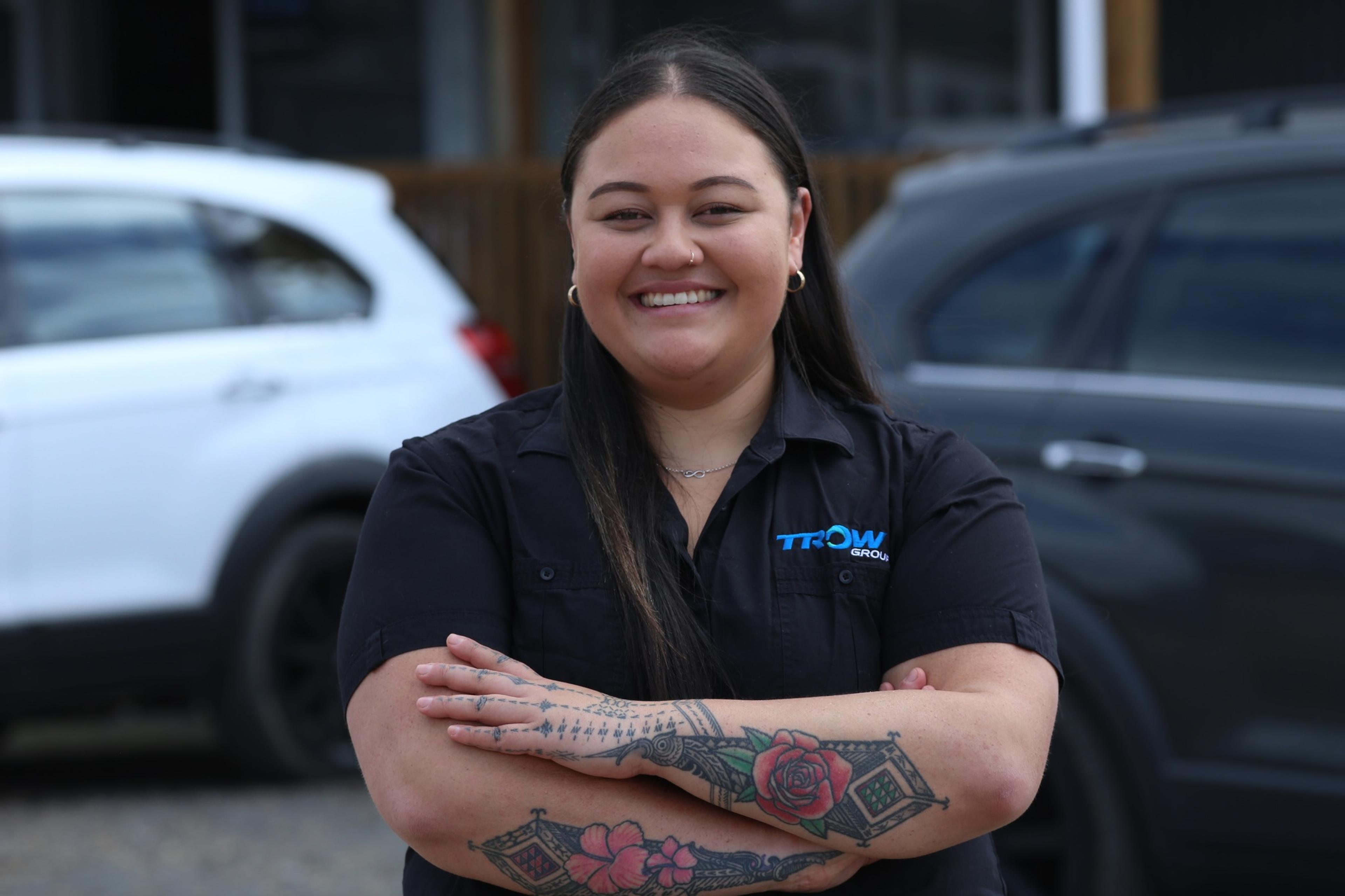

More regulations on speech or will switching off remain the go-to?
Photo /Unsplash
Freedom of expression vs protecting communities: Pacific peoples weigh in
A report released today found most Pacific peoples have read, seen or heard offensive, discriminatory, or controversial views in the last six months.


Villagers begin talks with government on sharing Manawanui compensation fund


Manu Sāmoa’s last chance: Journey of resilience ahead of the Dubai repechage


Villagers begin talks with government on sharing Manawanui compensation fund


Manu Sāmoa’s last chance: Journey of resilience ahead of the Dubai repechage
A Broadcasting Standards Authority (BSA) survey found a majority of Pacific peoples reported offensive, discriminatory or controversial views as a problem in New Zealand.
The BSA Diversity Research Report surveyed 493 Māori, Pacific peoples, Asians and Muslims aged 18 years or older, finding 85 per cent of Pacific peoples surveyed felt this way, alongside 79 per cent of Māori.
Speaking to William Terite on Pacific Mornings, BSA spokesperson Stacey Wood shared some specific examples from their survey, including negative stereotypes, misinformation and sensationalisation of issues.
"Negative stereotypes about Māori and Pacific peoples for instance that 'they're all on a benefit'," Wood said.
"Misinformation -so untrue messages like 'migrants are all coming to take the jobs'.
"Sensationalising of issues - like reporting on Māori or Pacific peoples spaces at universities."
Around a third of the Māori, Pacific Peoples' and Muslim groups reported reading, seeing or hearing offensive, discriminatory, or controversial views shared publicly in the past six months.
Asians reported 21 per cent in this category. The report also found that social media was the primary channel for seeing harmful content, followed by free-to-air television and online news sites.
"Not a good insight for us to have but a useful insight for us to have," Wood said.
Watch the full interview via 531pi's FB below:
Endeavour to connect to communities less heard from
The BSA determines complaints, oversees and develops broadcasting standards, and engages with broadcasters and the public to bridge understanding and apply the broadcasting standards system, their decisions and their research.
However, Wood said what incentivised their recent survey was that they do not hear much from all the communities they serve.
"That was the motivation behind the research, which was to go out and talk to people who were statistically less likely to hear from and find out what is concerning to them.
"What they think about, where the line sits between freedom of expression, which is an important human right, and protection from harm which is the reason the BSA exists."
Balancing freedom of expression and protection from harm
Wood said that respondents generally agreed there are problematic, negative and harmful pieces of content that although they switch off when they see it, they believe limits are needed for what people can access.
However, she said a "sizeable group" from each community believed freedom of expression is important, that people should be able to say what they want and that listeners can switch it off if preferred.
Only a small number of respondents felt NZ balanced freedom of expression and potential harm to communities well.
The need for stronger limits to be in place was higher across Pacific peoples (60 per cent) and Māori (56 per cent), whereas 45 per cent of Asian and 41 per cent of Muslim respondents supported stronger limits.
Only a minority felt New Zealand had the right balance between freedom of expression and potential harm to communities.
Most respondents felt that freedom of expression should be tempered by the need to respect the views of others, as over half felt that people had become less open and respectful when expressing their views.
"I think that's a recognition that regulation and laws can only go so far to resolving the problem.
"We do need some regulatory limits on freedom of expression but we also need a community response.
"A way to solve these problems that's not just making things illegal."